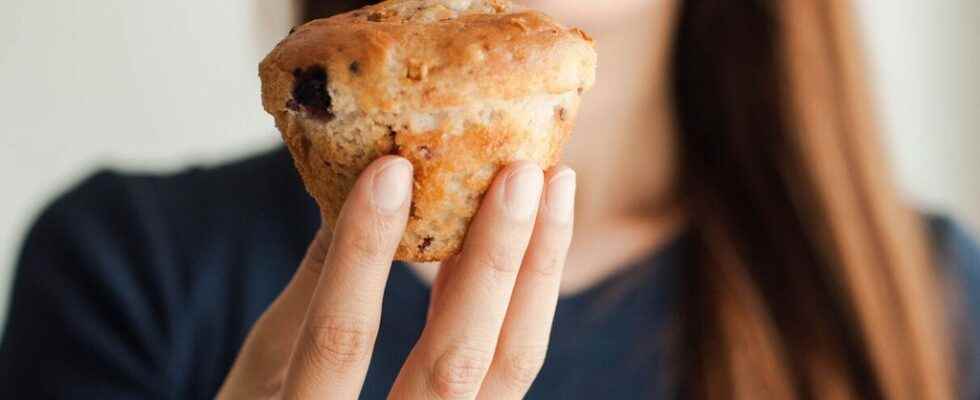Yes, snacking between meals is to be avoided to keep the line. But, in the event of a peck in the middle of the day, there are healthy snacks that will not make you gain a weight.
How to choose a healthy snack?
The golden rule? Your snack should consist of a protein source and a carbohydrate source with a low glycemic index. You can turn to protein mueslis available in organic stores for the sake of time.
However, try toprefer “homemade” : crispy mueslis, granolas or industrial products remain real sugar bombs devoid of protein.
Regarding carbohydrates, avoid white bread. It may raise your blood sugar. Prefer slow-release carbohydrates, such as the famous wholemeal oatmeal, wholemeal bread, or even pancakes made from unrefined flour. etc If you want to spread them, choose honey or purees of oilseeds of natural origin.
Fibers, vitamins and fruits also fit into the list of healthy snacks. Forget pasteurized juices or store-bought cake packets. Barley, oats and rye have a high soluble fiber content. Breads made from whole seeds, such as wheat, millet, quinoa or flax seedswill ensure a decrease in the glycemic index.
As for the rice, prefer the basmati variety. Tastier, it is made up of a glycemic index much lower than that of white rice.
Why do you want to snack?
Even if you eat on a regular schedule and reach fullness, you may sometimes feel your stomach rumbling between meals. Either your meals aren’t providing you with enough nutrients (meaning they’re too light), or you’re not eating enough. In this case, you must review the nutritional composition of your meals, as well as the quantity.
Certain ingredients or products, which at first glance are identical, do not play the same role in your feeling of satiety, your digestion, or even in the fixation of vitamins and minerals in your body. Simple carbohydrates induce quick and easy digestion. But you can slow down this process by combining them with other foods. Conversely, complex carbohydrates, longer to digest, have a fairly low glycemic index. They bring energy to your cells continuously and are not stored in your fat reserves.
Read also :
Loading-widget
Loading-widget
Subscribe to the Top Santé Newsletter to receive the latest news for free








